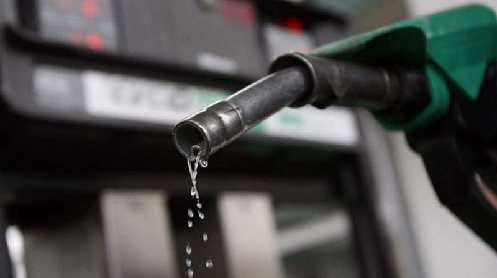ISLAMABAD: The prices of major petroleum products, including petrol and high-speed diesel (HSD), are set to drop for the third consecutive fortnight, with an expected reduction of around Rs5-6 per litre starting September 1. This decrease is primarily due to lower international market rates.
Informed sources reported a decline in the international prices of petrol and HSD by $2 to $2.30 per barrel over the last fortnight. With the final exchange rate and existing tax rates taken into account, petrol and HSD prices are anticipated to fall by Rs5 to 5.50 per litre.
The average international price of petrol decreased to approximately $80.40 per barrel from $82.50, while HSD dropped to about $88 per barrel from $90.30. Meanwhile, the import premium on petrol reduced by 50 cents per barrel to $8.50, with HSD’s premium remaining steady at $5 per barrel. Additionally, the local currency appreciated by 25 cents against the US dollar.
As of now, the ex-depot prices of petrol and HSD stand at Rs260.96 and Rs266.07 per litre, respectively. The previous pricing review on August 14 saw a reduction of Rs8.47 per litre for petrol and Rs6.70 per litre for HSD.
Despite the reduction in petroleum prices, the impact on transport fares and essential commodity prices remains minimal. The government has increased the maximum limit of the petroleum levy to Rs70 per litre in the finance bill, aiming to collect Rs1.28 trillion in the next fiscal year, surpassing the previous year’s collection by nearly Rs150 billion.
Currently, the government imposes approximately Rs78 per litre in taxes on petrol and HSD, with Rs60 per litre allocated to the petroleum development levy (PDL) and Rs18 per litre as customs duty. In contrast, light diesel and high-octane blending components are taxed at Rs50 per litre.
This reduction in fuel prices, particularly HSD, is crucial as it affects the costs of transportation, agriculture, and essential commodities, although such decreases rarely translate into lower prices for consumers.
Story by Khaleeq Kiani







